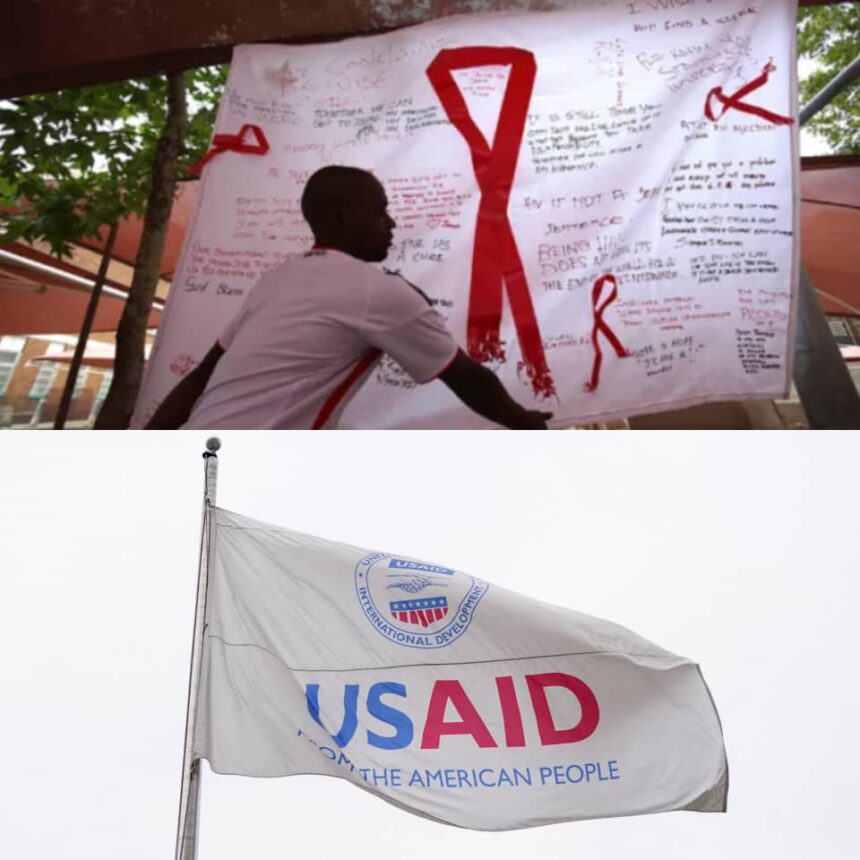The United Nations AIDS agency (UNAIDS) has issued a stark warning: unless frozen U.S. funding is restored or replaced, the number of HIV-related deaths could increase tenfold, potentially reaching millions in the coming years. Additionally, 2,000 new HIV infections could occur daily worldwide.
Following U.S. President Donald Trump’s inauguration on January 20, his administration suspended nearly all foreign aid as part of its “America First” policy. While the U.S. Department of State later assured that some life-saving HIV programs under PEPFAR (President’s Emergency Plan for AIDS Relief) would continue, the funding freeze has already had devastating consequences.
According to UNAIDS Executive Director Winnie Byanyima, the sudden withdrawal of U.S. funding has resulted in:
-
Clinic closures across multiple countries
-
Thousands of health workers being laid off
-
Limited access to HIV treatment and prevention services
“This sudden withdrawal of U.S. funding has been shutting down many clinics, laying off thousands of health workers … All this means that we expect to see new infections rising. UNAIDS has estimated that we could see 2,000 new infections every day,” Byanyima told reporters in Geneva.
Byanyima further warned that if the U.S. Agency for International Development (USAID) funding is not resumed by April, or if another government does not step in to fill the gap, the world could see:
-
An additional 6.3 million AIDS-related deaths over the next four years
-
A return to HIV/AIDS death rates seen in the 1990s and early 2000s
“The numbers were derived from UN modeling, and we’ll see people die the way we saw them in the ’90s and 2000s,” she cautioned.
The U.S. was the single largest donor to UNAIDS in 2023, contributing $50 million, which accounted for 35% of the agency’s budget. This funding was crucial in coordinating global HIV/AIDS prevention and treatment efforts.
The Trump administration claims the freeze was necessary to eliminate waste and fraud, and U.S. Secretary of State Marco Rubio has dismissed concerns, insisting that waivers for life-saving services have been granted. However, critics argue that the abrupt halt in funding has already had far-reaching consequences.
With the future of U.S. aid uncertain, UNAIDS is urging other governments and international organizations to step in and prevent a catastrophic resurgence of HIV/AIDS-related deaths and infections.
By Najat Adamu






